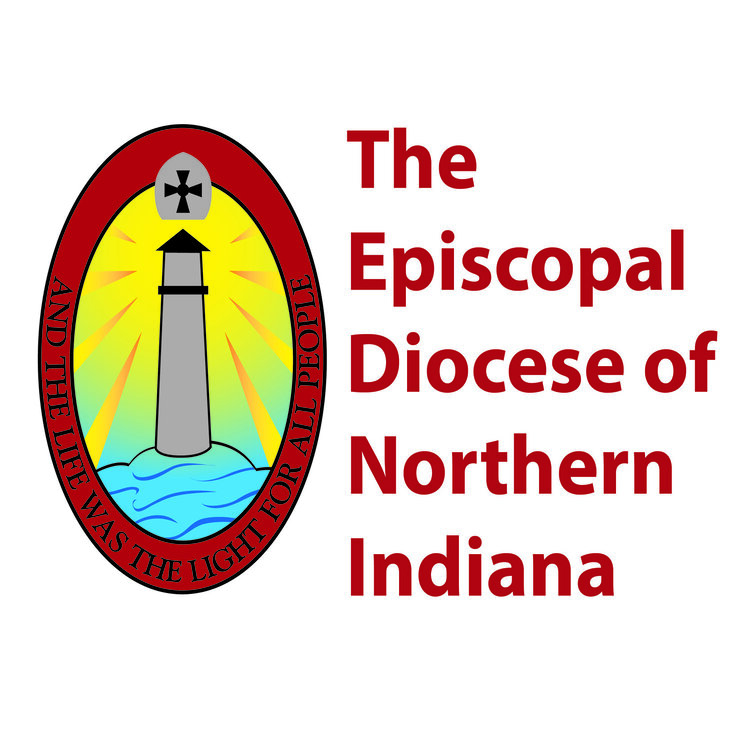By: The Rev. Susan B. Haynes
" ‘We believe that the divine presence is everywhere and that in every place the eyes of the Lord are watching' (Proverbs 15:3, 19.1 -- Rule of St. Benedict). This sense of the constant presence of God is something which St. Benedict is anxious that we should never forget. God's gaze is fixed on us, our thoughts and actions lie totally open to his view, we are always seen everywhere in God's sight (Rule of St. Benedict -- 7.10-13.) Our awareness of God's presence must be the ever immediate reality which underpins everything else. How amazingly uncomplicated St. Benedict makes the way to God. It is totally demanding but it is not out of reach." (Seeking God: The Way of St. Benedict, Esther de Waal)
While traveling back and forth to South Carolina over the holidays, I read the book cited above. The author underscores St. Benedict's exhortation that praying can never be set apart from the rest of life, because prayer is life itself. Monks did not take a vow of prayer, be-cause it was assumed that their whole life would be undergirded, infused with constant prayer. Prayer was understood to be the Opus Dei, the work of God, and nothing was to be preferred to it. Love, of course, was most important; but prayer, particularly praying the Divine Office, was thought to be the most excellent witness to the community's love of Christ. Human love asks for time and attention in order to be cultivated, and as humans we come to love someone as we come to know that person. The same is true in our relationship with God. Love of Him calls for time and attention to Him, and we come to love Him as we come to know Him in prayer.
The beginning of prayer is a dialogue...we begin by entering a dialogue with God. Our first task in this dialogue is to be silent. In this silence, we are watching, waiting and listening. And then we respond, both corporately and personally. Our times of prayer should also be rich with Scripture...prayerful reading of Scripture. The fruit of our prayer should be the realization that God is present everywhere, constantly keeping us in His sight, constantly moving in our lives and attentive to us.
God desires conversation with us...and prayer is the beginning. St. Paul's has a strong tradition of prayer, its walls having received the voices of countless thousands of Christians over the last two centuries. In January, we held an Adult Education Series about prayer led by Bishop Francis Gray. He helped us reflect about prayer, sharing some of his own experiences and sharing suggestions for strengthening our prayer lives.
